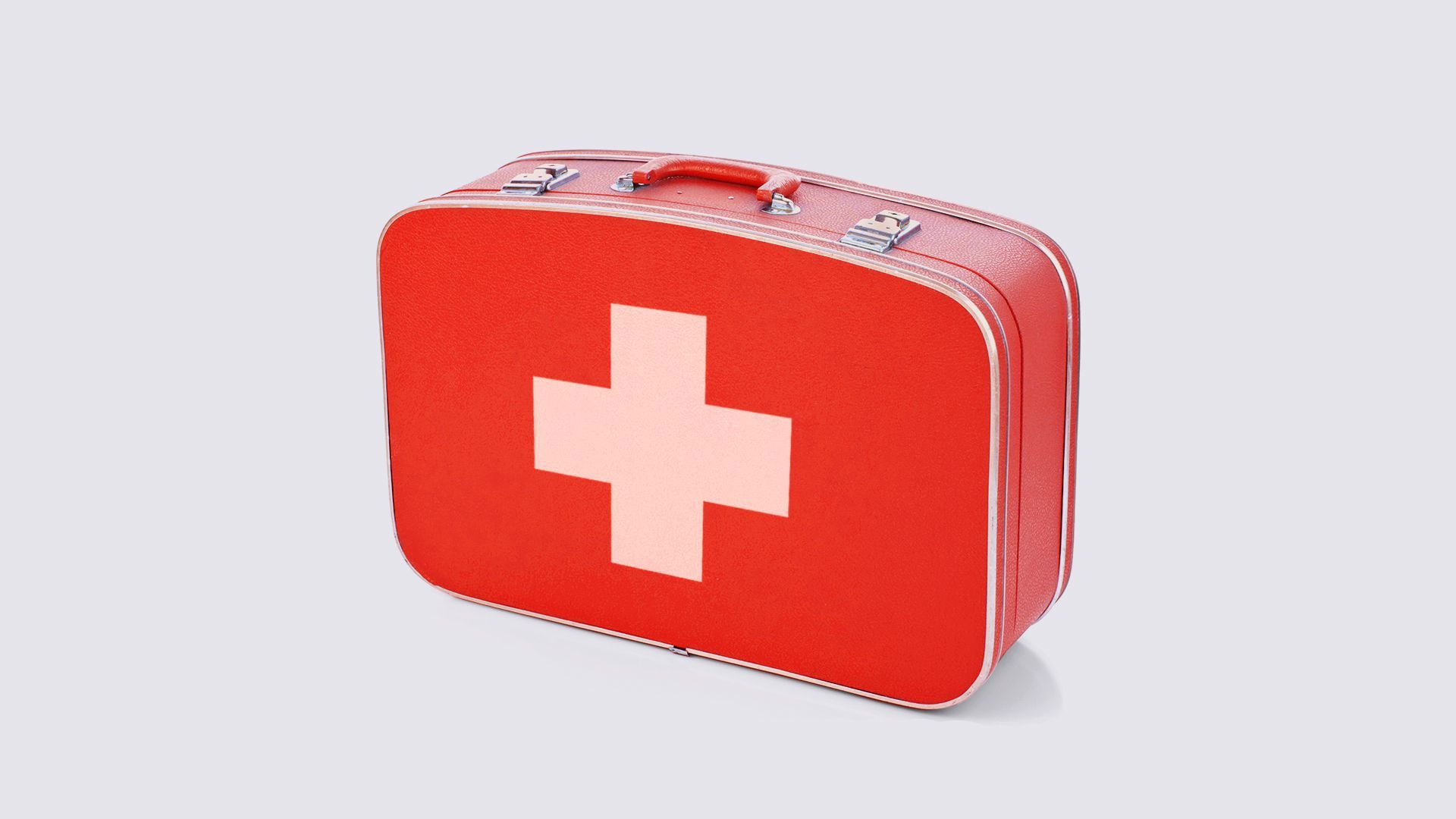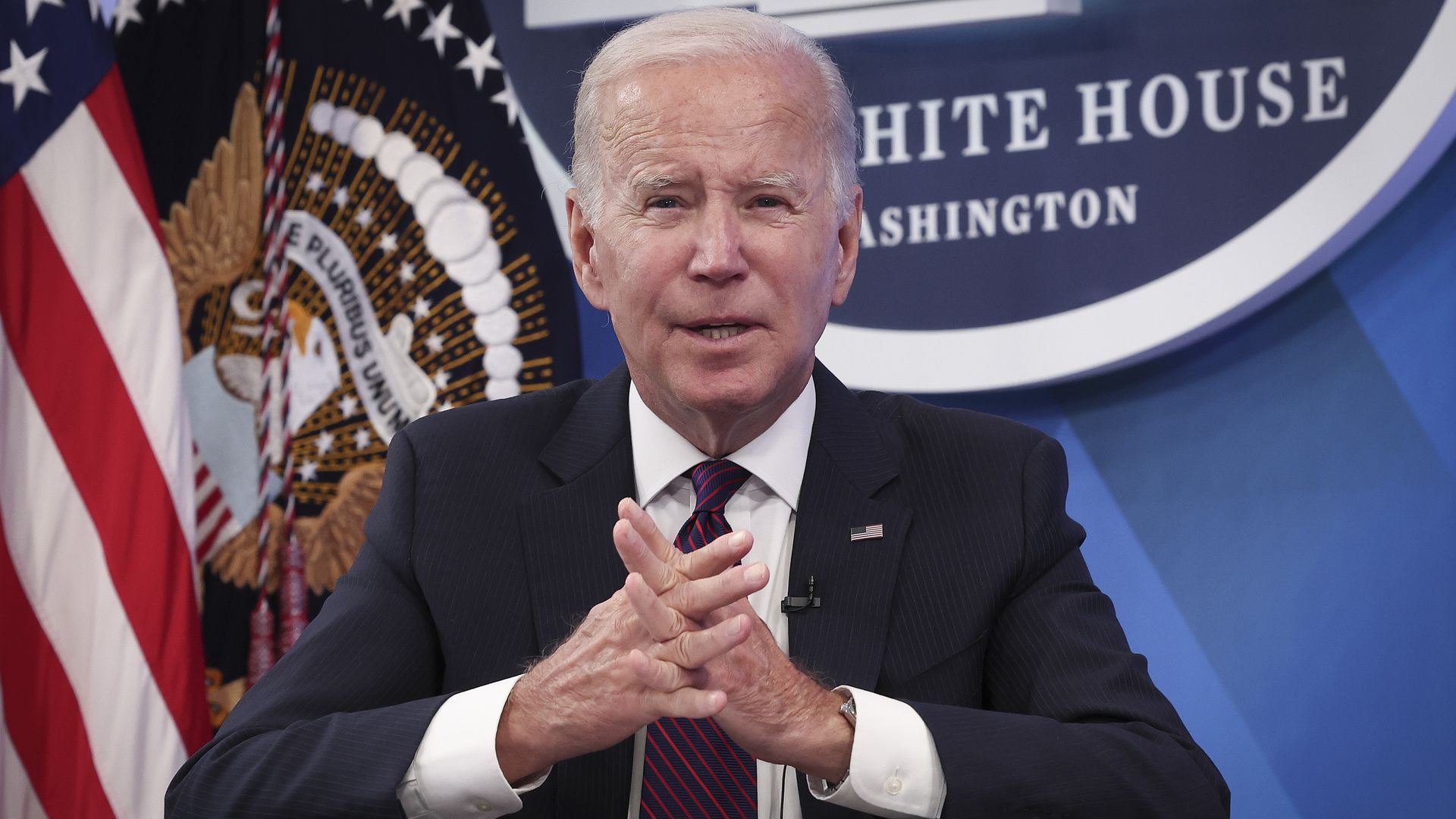 Data: CDC; Tory Lysik/Axios Dwindling public demand for COVID vaccines and private market pressures should combine to cost manufacturers billions of dollars once the federal government stops buying the shots, eating into Pfizer and Moderna's pandemic profits, Axios' Caitlin Owens writes. Between the lines: The federal government bought far more vaccines than Americans would ever use to ensure that the shots would be accessible. But private purchasers won't tolerate redundancy or waste. Driving the news: Sometime next year, health providers will take over purchasing COVID treatments and vaccines, and Americans will start accessing COVID care the way they do other medical needs. - One of the first questions for the commercial sector is how many vaccines to buy, and at what price. Because doses routinely go unused, there will be pressure to bring supply more in line with demand.
- That will eat into Pfizer and Moderna's revenue unless they can negotiate much higher payment rates per dose.
The big picture: Vaccines account for all of Moderna's sales and have swelled Pfizer's. Moderna last month reported $10.5 billion in product sales for the first half of the year, and said that the expected delivery of doses purchased in advance will generate $21 billion this year. - Pfizer said in its Q2 earnings that it predicts vaccine sales will generate $32 billion in the 2022 fiscal year and brought in $22.1 billion during the first half of the year.
- Pfizer's COVID antiviral Paxlovid generated $9.6 billion in the first half and is projected to bring in $22 billion in the fiscal year. Together, the two products accounted for well over half of the company's revenue, and Pfizer reported that its free cash flow increased by more than $19 billion over the last three years.
What they're saying: "These companies, for one, are not going to get paid for wasted doses, which they are now. Two, the idea that the commercial market is going to accept how much the government was paying per shot — I think that's an ambitious goal for Pfizer and Moderna," said Raymond James analyst Chris Meekins. - "The commercial market isn't just going to write blank checks the way the government did," Meekins added.
- Pfizer and Moderna both declined to comment for this story.
Go deeper. | 








No comments:
Post a Comment